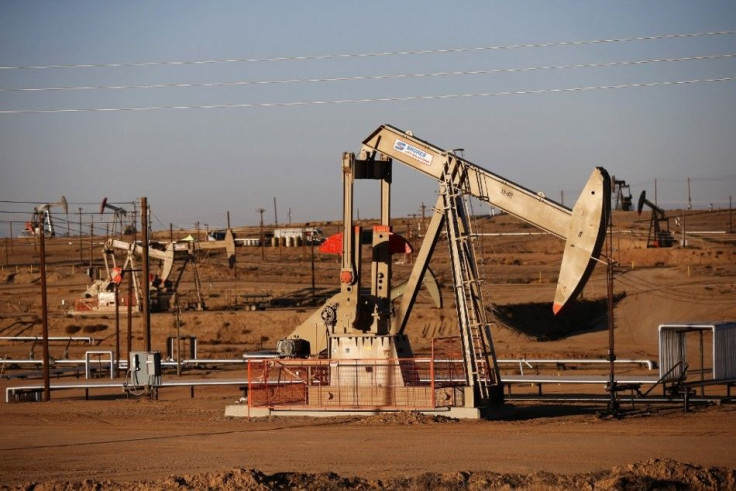Oil Prices May Fall Further As Gulf Countries Feel The Pain

Oil prices hit a new low as the WTI price of the commodity fell to around $63 . But with a fragile global economy and excess supply in the market, the prices are expected to fall further. The falling prices may be affecting some of the oil producing Gulf countries.
Oil prices have so far not reached the lows that were seen during the recession of 2009 but the falling price of the commodity has reportedly not bottomed out yet and a further fall is expected. According to a report by TheAge Morgan Stanley expects that the commodity may reach $43 in the second quarter of 2015.
On the upside, Morgan Stanley reportedly expects the price to be around $70 in 2015 and around $88 in the year 2016. The recent slide in prices comes after the OPEC countries decided not to cut production to stabilise the prices. The report blames Saudi Arabia for ignoring the calls of some of the poorer counties of the group.
Saudi Arabia is reportedly gunning for retaining its global market share in oil sales. The country is said to have cut oil prices to the U.S and the Asian markets. U.S and Canada recently have started increasing oil production and is one of the reasons for the oversupply in the market. But the production of the commodity in these countries may not be sustainable for a long time with low oil prices.
Some of the Gulf countries may already be facing the pain of the low oil prices. According to a report by Nasdaq, the sovereign credit of Bahrain and Oman have already been affected. The two countries reportedly do not have sufficient reserves to cushion them from a prolonged period of low oil prices.
Many of the oil producing countries like Bahrain and Oman are heavily dependent on oil sales to meet their budgetary requirements. Countries like Russia, which has been hit by the economic sanctions apart from low oil prices, may slip into a recession in 2015.
The falling oil prices may force some of the Gulf countries to cut spending in order to balance the budget. The alternative is to run a budgetary deficit and pile on debts. However countries like Saudi Arabia, Kuwait, Qatar and the United Arab Emirates have sufficient reserves to endure a longer period of low oil prices.





















